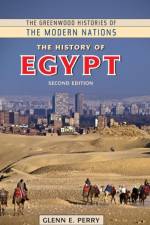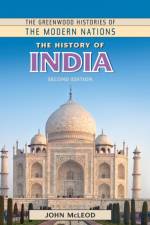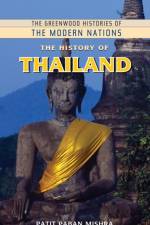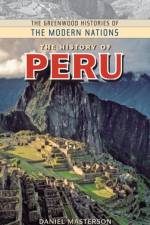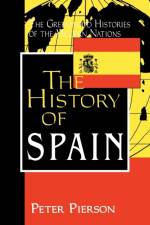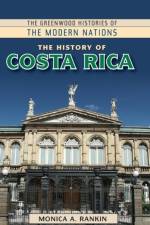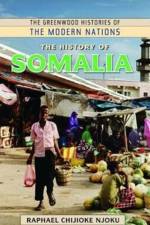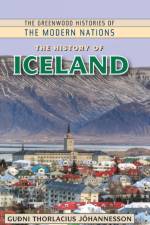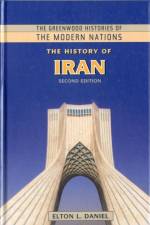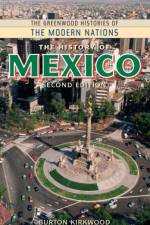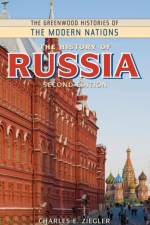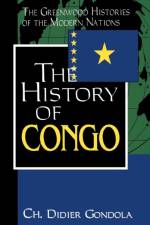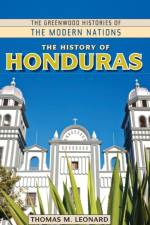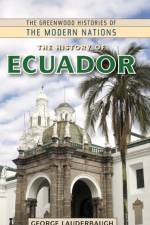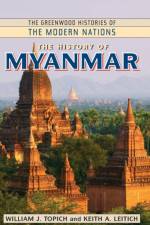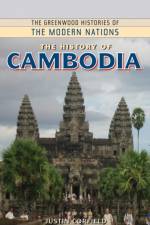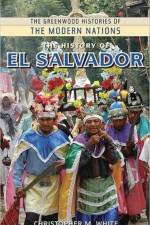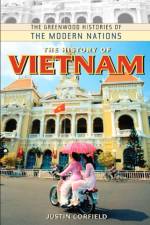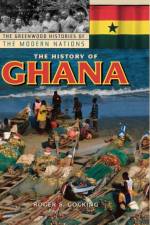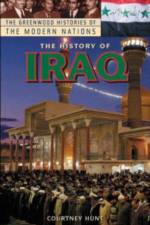av Peter Pierson
511 - 1 047
Every school and public library should update its resources on Spain with this lively and succinct narrative of Spain's long and rich historical experience. Emphasizing people rather than abstract developments, this narrative makes Spanish history readable and engaging. Based on the most recent scholarship, it examines the politics, society, economy, and culture of Spain chronologically, focusing on the last two centuries. Pierson, a noted authority on Spanish history, traces Spain's foundations in the Roman empire and Muslim conquest to its golden age in the late Middle Ages, its subsequent decline, and its struggle to build a democratic government and modern economy following the dictatorship of Francisco Franco. The work provides a timeline of events in Spanish history, brief biographies of key figures, and a bibliographic essay of interest to students and general readers.An introductory chapter offers an overview of Spain today, its geography, government and politics, economy, religion, and culture. The next few chapters discuss its earliest cultures, its place in the Roman empire, its Christianization and years as a Germanic kingdom, and its incorporation in 711 C.E. by military conquest into the world of Islam. The energies developed in the Christian reconquest of Spain led to its embarkation on the conquest of an overseas empire in the Americas and the Philippines that lasted for more than 300 years and had a profound effect on global history. The interests of the Habsburg (1516-1700) and Bourbon (1700-1808, 1814-1868, and 1875-1931) dynasties on the Spanish throne made Spain a major player in European power politics into the years of the French Revolution and Napoleonic wars. By 1825, its resources drained, Spain painfully adjusted to straightened circumstances, endured civil wars and dictatorships, and struggled to build a democratic government and modern economy, which it has accomplished today.


